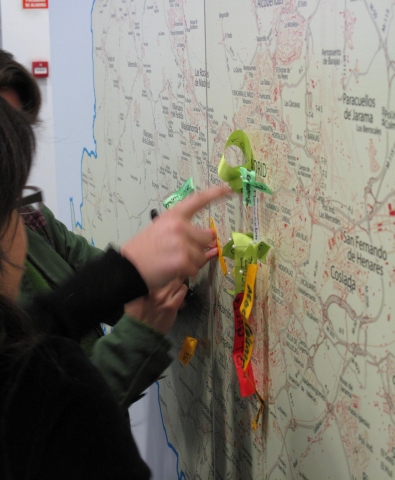
MAPEAR Madrid is a work team, leaded by CA2M and Javier Duero, which will periodically meet at CA2M aiming to track and identify collectives and groups related to visual arts which nowadays are working in the Region of Madrid.
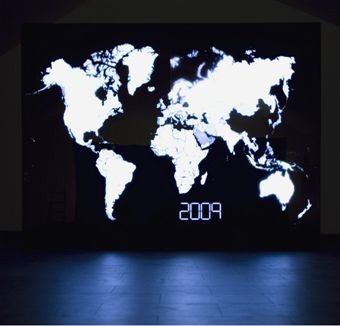
Colloquium over the exhibition Light Years. Three experts in visual studies and gender investigation take as starting point the proposals developed by Lucas´ work to debate about the current relations between power and gender.
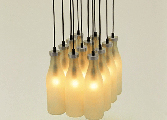
Tejo Remy has become one of the greatest Dutch contemporary art designer. His principal interest is to create new relation between objects and their surroundings with the purpose of grant them with new meaning.
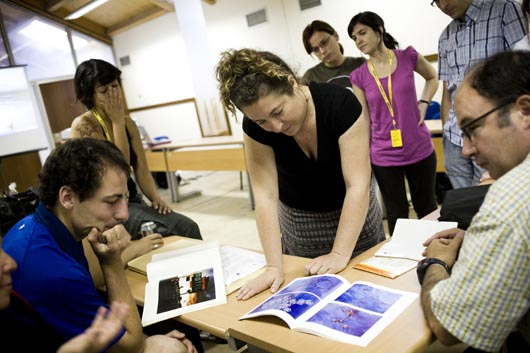
PHotoEspaña and CA2M Centro de Arte Dos de Mayo of the Regional Govenment of Madrid organizes a pedagogic and profesional program to advise 30 photographers about editing, design and concept of their photography book projects.
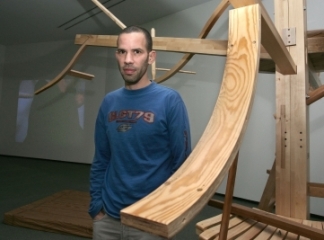
Coinciding with the Fold Along the Line exhibition, Guy Ben-Ner will offer a public presentation on his work at which he will talk about the pieces featured in the exhibition and others that have never been shown in Spain.
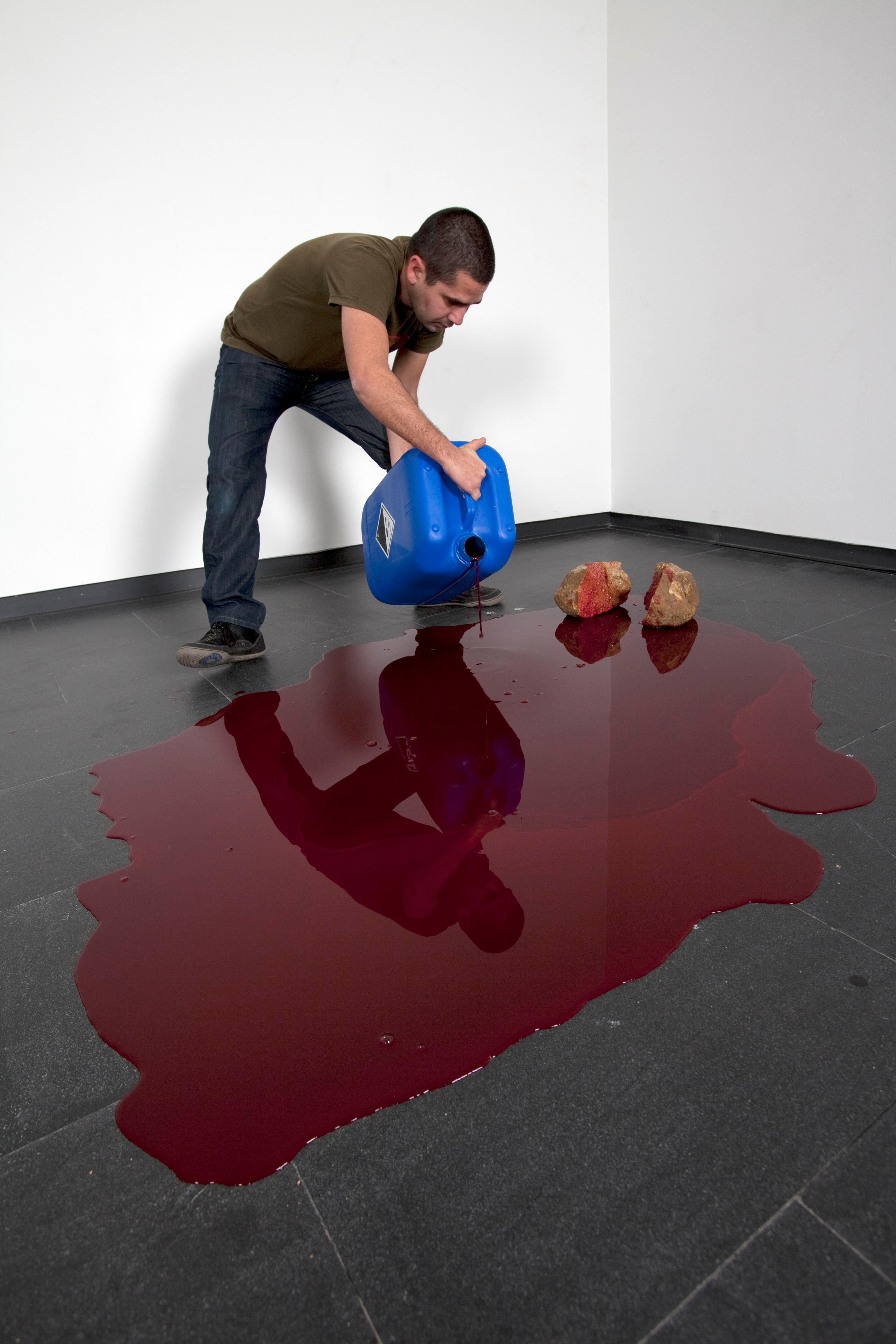
On the occasion of the exhibition "Tied Up to the Table Leg", and the workshop “Tying and Untying", Wilfredo Prieto will make a public presentation of the works on display at the CA2M and other works never before exhibited in our country.
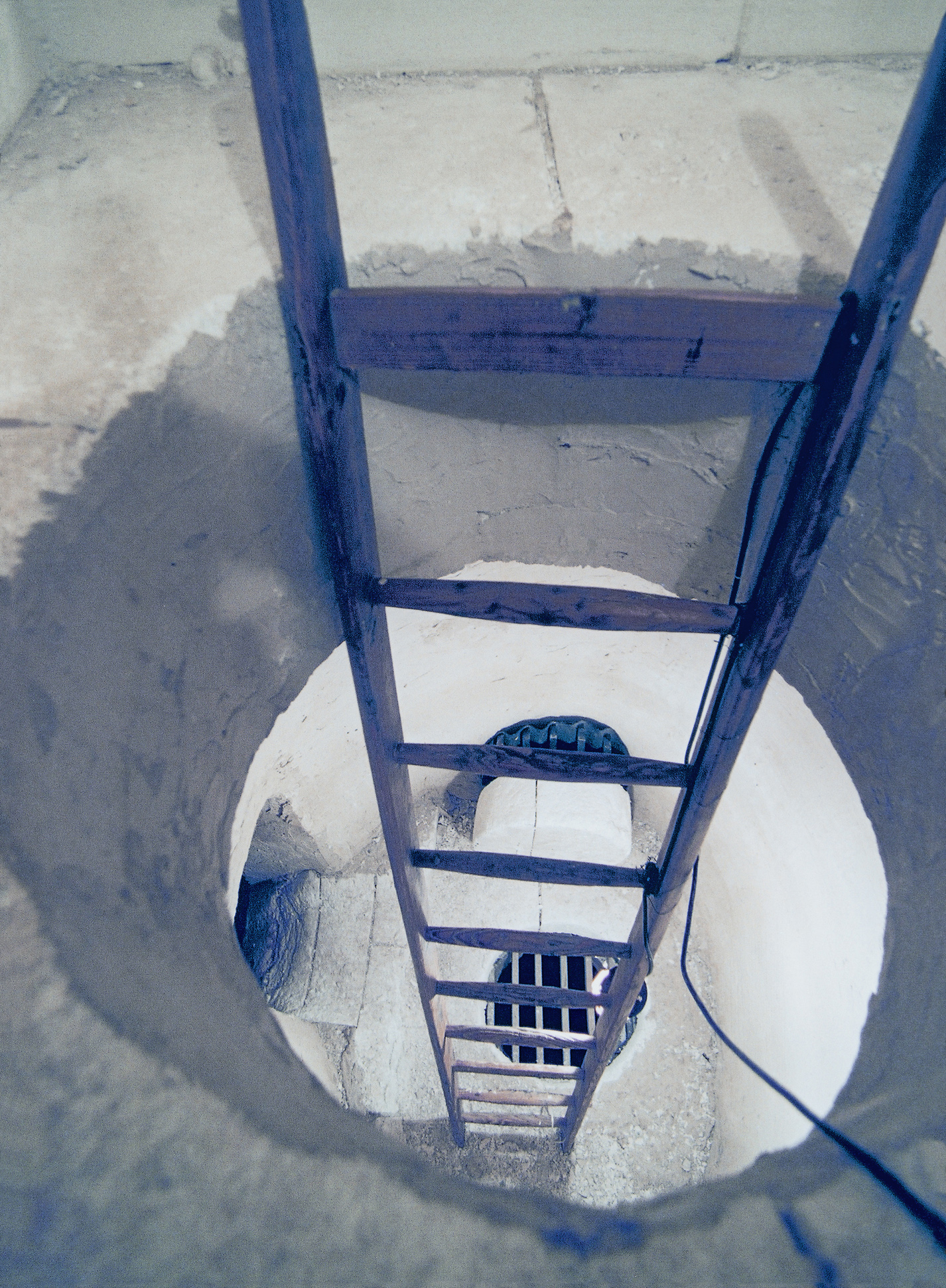
On the occasion of the exhibition Punto Muerto, Gregor Schneider will introduce his work to the public, presenting both the installation displayed at CA2M and his overall work.
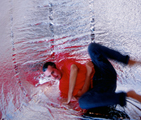
The multi-displinary work of Martín Azúa embraces both art and design. Through experimentation, his works are an answer to a quest for a committed and justified design. On the occasion of the creative workshop which is to be held on 22-26 February, Azúa will make a public presentation of his work.